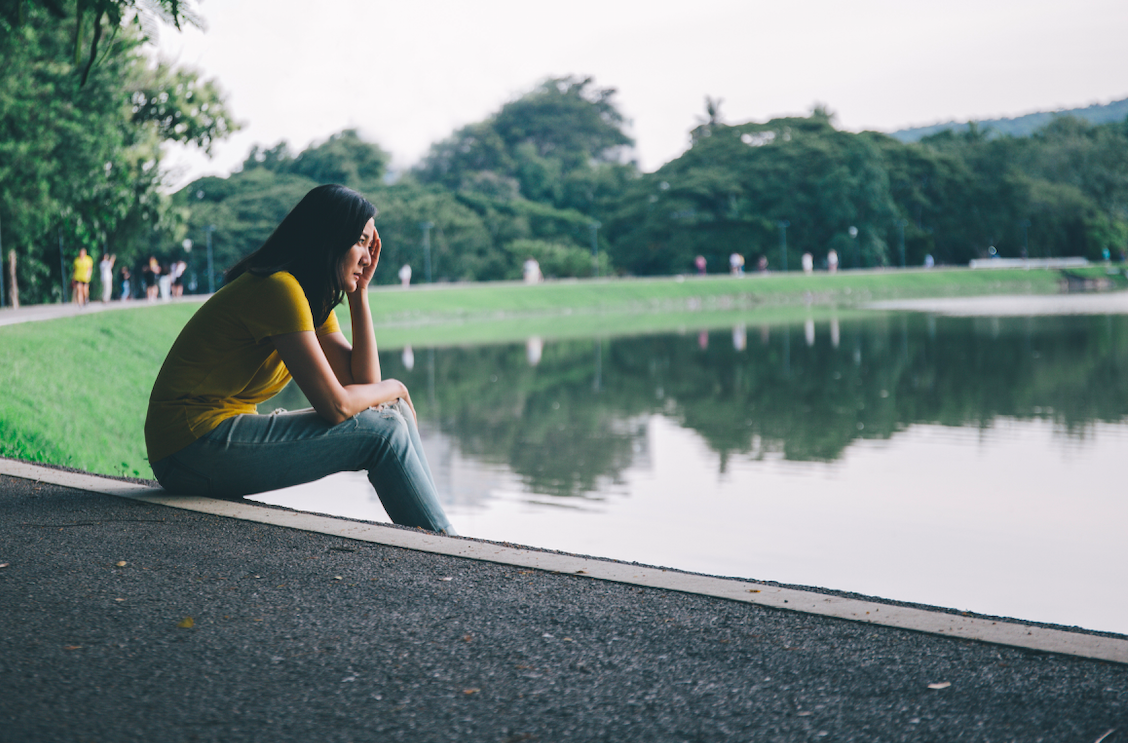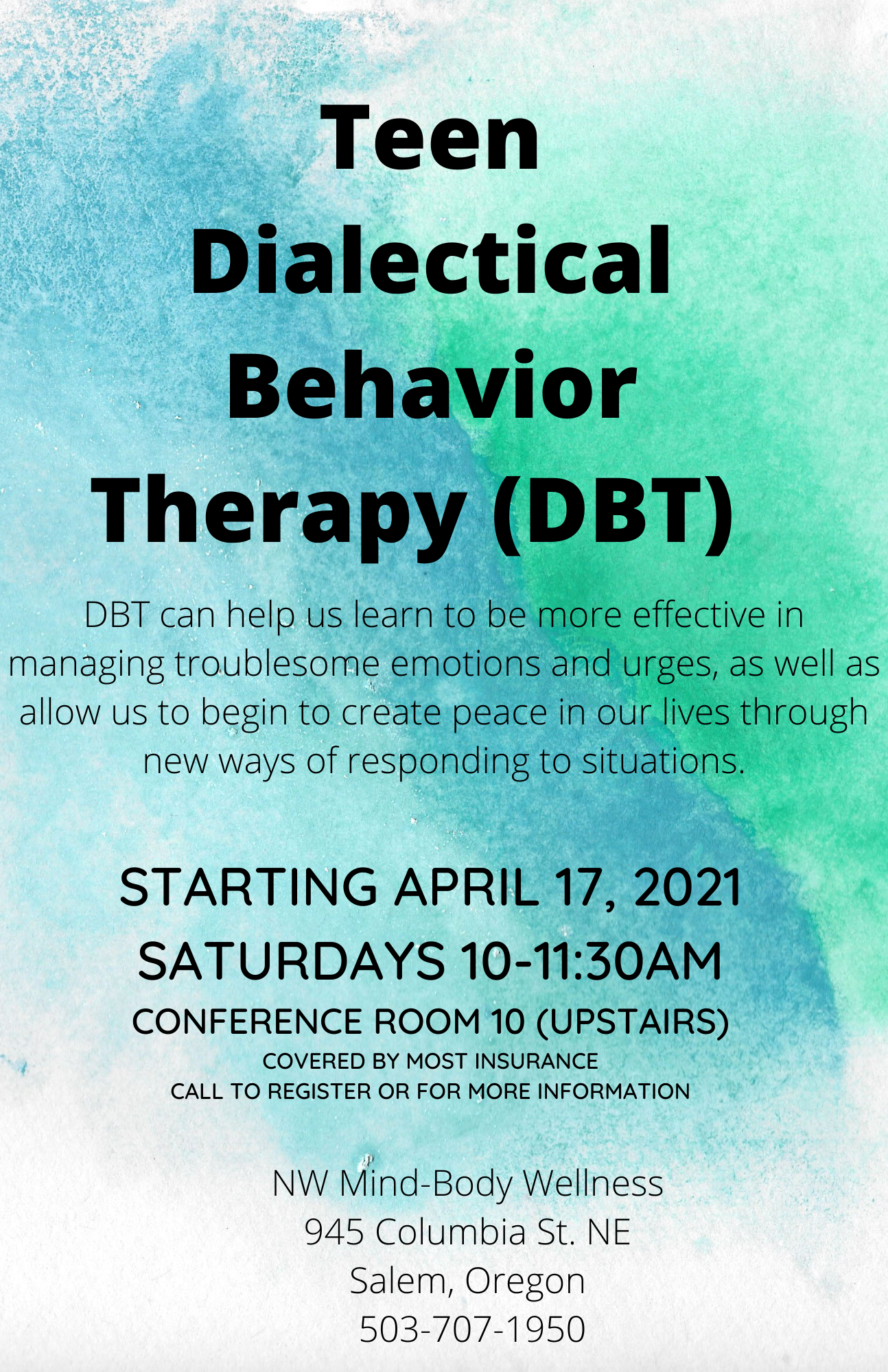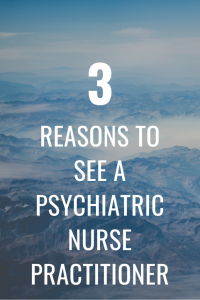ANXIETY DISORDERS: Signs and Symptoms
Many people often experience anxiety, whether the source is stress from work, the weight of making an important decision, or anything else. Anxiety disorders, however, are more than temporary worries. For those with an anxiety disorder, the anxiety does not go away and can even get worse over time. The symptoms of these disorders can interfere and create challenges within daily life and responsibilities.
SYMPTOMS
Although there are multiple types of anxiety disorders with their own unique symptoms, they all have the feature of “persistent, excessive fear or worry in situations that are not threatening.” (NAMI) The following are commonly experienced symptoms in those who have an anxiety disorder:
- Emotional Symptoms
- Feelings of dread
- Feeling tense
- Irritability
- Restlessness
- Anticipating the worst
- Physical Symptoms
- Pounding or fast beating heart
- Sweating or tremors
- Headaches
- Fatigue or insomnia
- Upset stomach
COMMON TYPES OF ANXIETY DISORDERS
- Generalized Anxiety Disorder (GAD)
- Social Anxiety Disorder
- Panic Disorder
- Phobias
TREATMENT AND RESOURCES
- To learn more about anxiety disorders, or find out if you may be affected by one, we recommend contacting your health care provider.
- To read more about anxiety disorders, the following resources are suggested:
- NAMI: https://www.nami.org/About-Mental-Illness/Mental-Health-Conditions/Anxiety-Disorders
- NIMH: https://www.nimh.nih.gov/health/topics/anxiety-disorders/






 Another reason to see a Psychiatric Nurse Practitioner is related to life stressors. There are many factors that make life difficult in normal circumstances. With all of the challenges of living in the world of COVID 19, things can seem overwhelming. Focusing on the problems may come naturally. Anxiety and fear can begin to affect or moods and even physical health. A Psychiatric Nurse Practitioner can help you develop coping skills and lifestyle changes that may help you through these times. Learning that you can develop skills within yourself to do more than just make it is empowering. An NP or qualified therapist can work with you to find and use new ways to cope.
Another reason to see a Psychiatric Nurse Practitioner is related to life stressors. There are many factors that make life difficult in normal circumstances. With all of the challenges of living in the world of COVID 19, things can seem overwhelming. Focusing on the problems may come naturally. Anxiety and fear can begin to affect or moods and even physical health. A Psychiatric Nurse Practitioner can help you develop coping skills and lifestyle changes that may help you through these times. Learning that you can develop skills within yourself to do more than just make it is empowering. An NP or qualified therapist can work with you to find and use new ways to cope. 